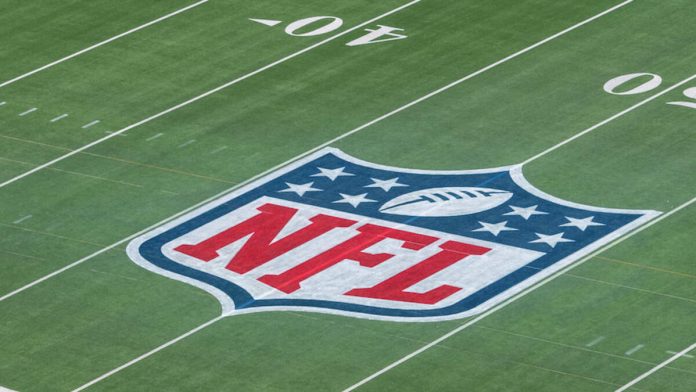A federal judge overturned a ruling that the NFL would have to pay residential and commercial Sunday Ticket subscribers $4.7 billion for violating antitrust laws with its out-of-market streaming package on Thursday (August 1), just prior to its annual Pro Football Hall of Fame Game to kickoff preseason.
U.S. District District Judge Philip Gutierrez claimed the jury presiding over the case didn’t follow his instructions in determining damages while hearing the league’s post-trial motion asking that he rule in its favor if he found that plaintiffs didn’t prove their case.
“The Court finds that the jury’s damages awards were not based on the ‘evidence and reasonable inferences’ but instead were more akin to ‘guesswork or speculation,’” Federal District Judge Philip Gutierrez said in his ruling via the New York Post.
Gutierrez said “damages may not be based on guesswork or speculation” and “plaintiffs must prove the reasonableness of each of the assumptions upon which the damages calculation is based” in his jury instructions prior to closing arguments in the case on June 26. The NFL was ordered to pay more than $4.7 billion in damages in relation to the Sunday Ticket subscription service lawsuit on June 27.
The league was initially found to have violated antitrust law in distributing out-of-market Sunday afternoon games on a premium subscription service.
“We are disappointed with the jury’s verdict today in the NFL Sunday Ticket class action lawsuit. We continue to believe that our media distribution strategy, which features all NFL games broadcast on free over-the-air television in the markets of the participating teams and national distribution of our most popular games, supplemented by many additional choices including RedZone, Sunday Ticket and NFL+, is by far the most fan friendly distribution model in all of sports and entertainment,” the NFL said in a statement obtained by ESPN at the time of the initial ruling.
Gutierrez could order a new trial due to the jury issue, however, there isn’t a timeline for when he could rule on the motion.

Recent Comments